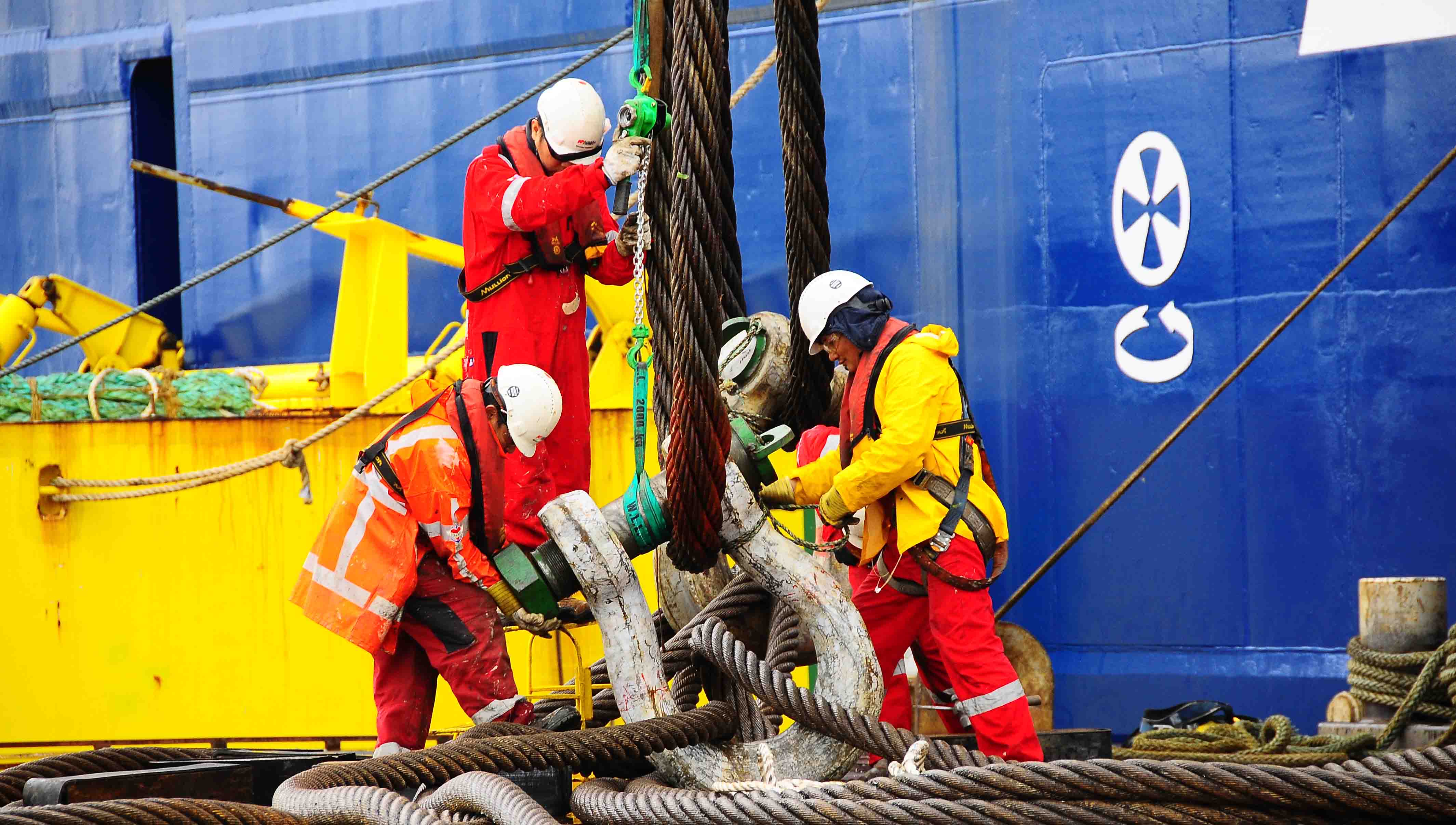The sea has always been mythologized as a realm of freedom. Throughout history, poets have written about its endless horizons. However, for the modern seafarer, the men and women who keep the arteries of global trade flowing, the sea is less a dream than a long corridor of struggles.
The Psychology of Isolation
The psychological burden of working at sea is one of the most significant difficulties faced by modern seafarers. Unlike land-based occupations, maritime work places individuals in an environment of prolonged confinement, often for months at a time, with no opportunity to leave the workplace. The ship itself becomes both home and job site, blurring the line between personal and professional life.
Extended periods of monotony can be mentally exhausting. Daily routines rarely change, consisting of long shifts, repetitive maintenance tasks, and the constant surveillance of machinery and cargo. The unchanging environment creates what psychologists describe as “environmental monotony,” a condition linked to apathy, irritability, and difficulty concentrating.
Isolation is another critical factor. Crewmembers interact with the same small group of colleagues throughout the voyage, which can sometimes lead to strong bonds but just as easily to tensions and interpersonal conflicts. Unlike onshore workers, sailors cannot walk away from disagreements or seek space; conflict must be managed within the closed social system of the ship. Prolonged confinement under these conditions may increase stress and exacerbate mental health issues.
Loneliness is a recurring theme in interviews with seafarers. Many describe feeling detached from the rhythm of life on land. This disconnection is magnified during personal or global crises. For example, seafarers who receive delayed news of illness or loss in their families are often unable to return home quickly, which intensifies feelings of helplessness and guilt.
Some research has shown that seafarers are at greater risk of depression and suicide compared to the general working population. Studies by maritime welfare organizations indicate that long voyages, irregular sleep due to watchkeeping schedules, and chronic fatigue all contribute to mental health problems. Alcohol and substance use, though officially restricted on most ships, have historically been coping mechanisms for some sailors, highlighting the depth of psychological strain.
The issue has drawn comparisons to other professions characterized by isolation, such as astronauts or workers on offshore oil platforms. However, unlike these groups, seafarers often lack the same level of institutional psychological support. While some shipping companies have introduced mental health helplines, training in stress management, or access to counseling at ports, coverage is inconsistent, and stigma around mental health within maritime culture can prevent individuals from seeking help.
Families Left Behind
Every voyage is a form of exile. For the sailor, the sea is a wage; for the family, it is an absence. Seafarers typically sign contracts lasting six to nine months, during which they remain away from their families. This prolonged absence affects both the individual and their household.
Absence from events such as birthdays, weddings, or funerals can be hurtful. Spouses and children often adapt to living without the sailor’s presence, which can complicate reintegration during periods of leave. Additionally, while maritime employment provides financial support, it often results in weakened familial bonds.
Occupational Risks
Seafaring remains one of the most hazardous professions in the world. The sea itself is unpredictable, with storms and rough weather capable of endangering even the largest modern vessels. Rogue waves, once thought to be the stuff of maritime folklore, are now documented and pose real threats.
Beyond natural hazards, sailors also face the risk of accidents on board. Slips and falls are common in an environment of steel decks, machinery, and constantly shifting conditions. Fires, equipment failures, and collisions remain perennial dangers. Fatigue is a critical issue, as many seafarers work shifts that exceed recommended limits, leaving them vulnerable to mistakes that can have life-threatening consequences.
Security threats also exist. Piracy continues to affect shipping routes in areas such as the Gulf of Guinea, where armed robberies and kidnappings for ransom still occur. Although international navies and shipping companies have taken measures to reduce such incidents, the danger has not been eradicated.









